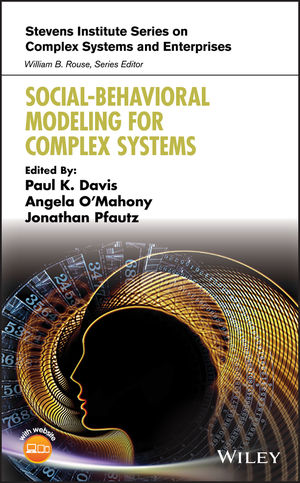Sliva, A.1, Neal Reilly, S.1, Blumstein, D.1, and Pierce, G.2

In Social-Behavioral Modeling for Complex Systems, Paul K. Davis, Angela O’Mahony, and Jonathan Pfautz (Eds)
To better understand and describe sociocultural systems, it is critical that we can create, analyze, and validate social, political, and economic models that capture causal and predictive dynamics. Causality is, however, notoriously difficult to analyze, a challenge amplified by the complexity of sociocultural systems. Accurately modeling causal relationships in these systems requires incorporating multiple domains of study and a variety of analytic methods. There are numerous approaches to integrating insights from social, natural, and computational sciences to better understand and reason about causality. For example, applying insights from machine learning where ensembles consistently outperform individual approaches, we are developing an ensemble approach to modeling causal relationships. Similarly, we can integrate aspects of rational choice, psychology, and computational simulation to model intergroup dynamics, such as conflict, negotiation, or the value of societal goods. However, while these ensemble and integrated models enable rich representations of complex sociocultural systems and advanced reasoning capabilities, a major challenge is striking the right balance between leveraging computational resources and applying social theory. In this chapter, we will explore some of these technical approaches, discuss the challenges to using them effectively, and provide examples of different interactions between theory‐driven and data‐driven causal models.
1 Charles River Analytics
2 Northeastern University
For More Information
To learn more or request a copy of a paper (if available), contact Scott Neal Reilly.
(Please include your name, address, organization, and the paper reference. Requests without this information will not be honored.)
